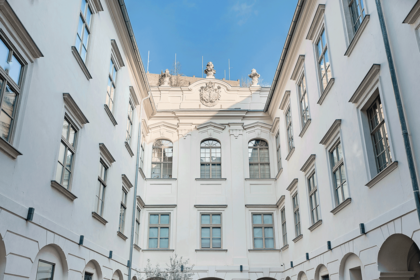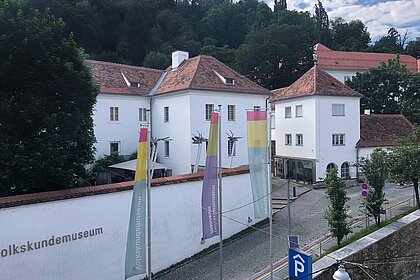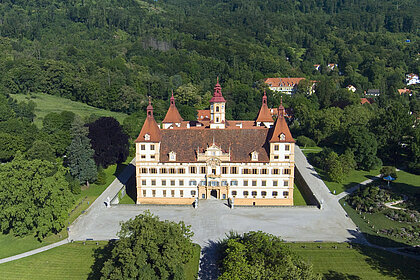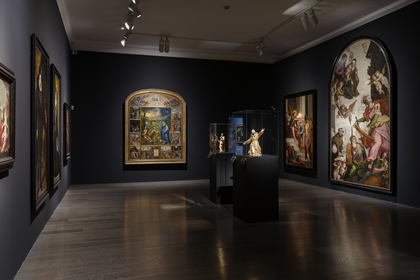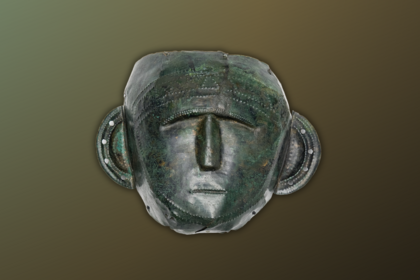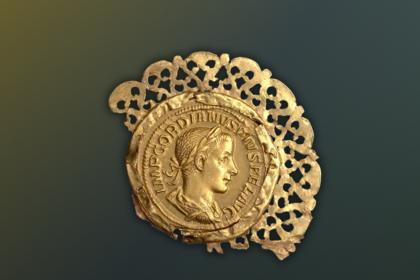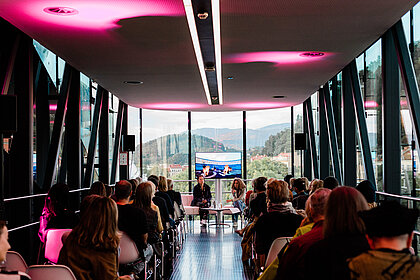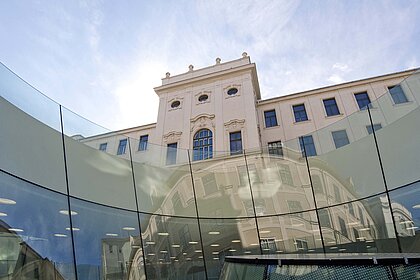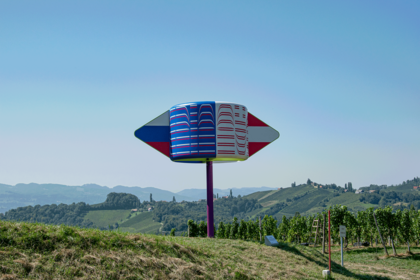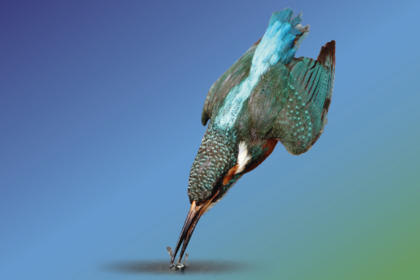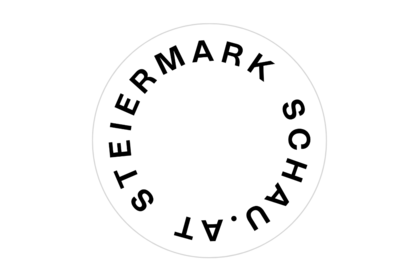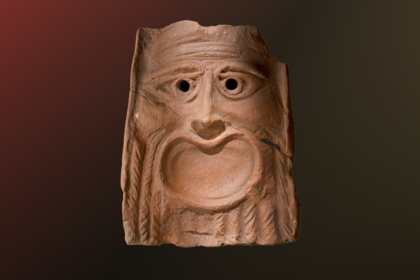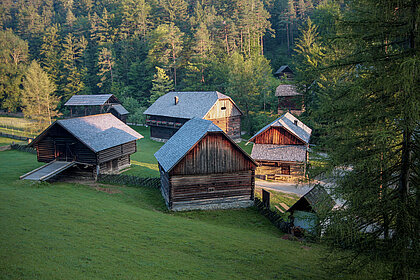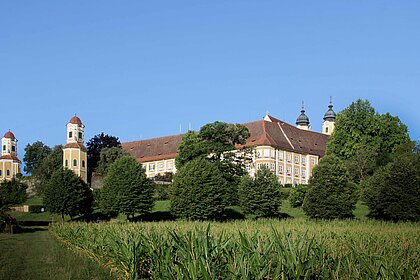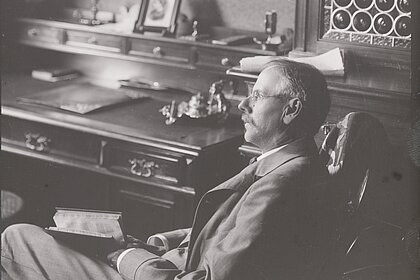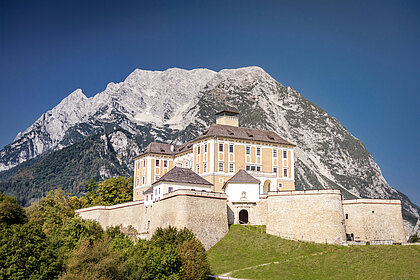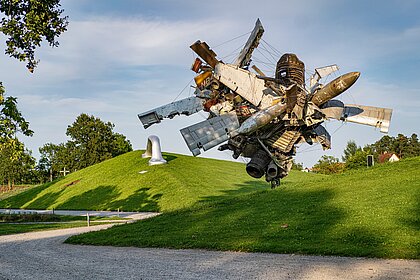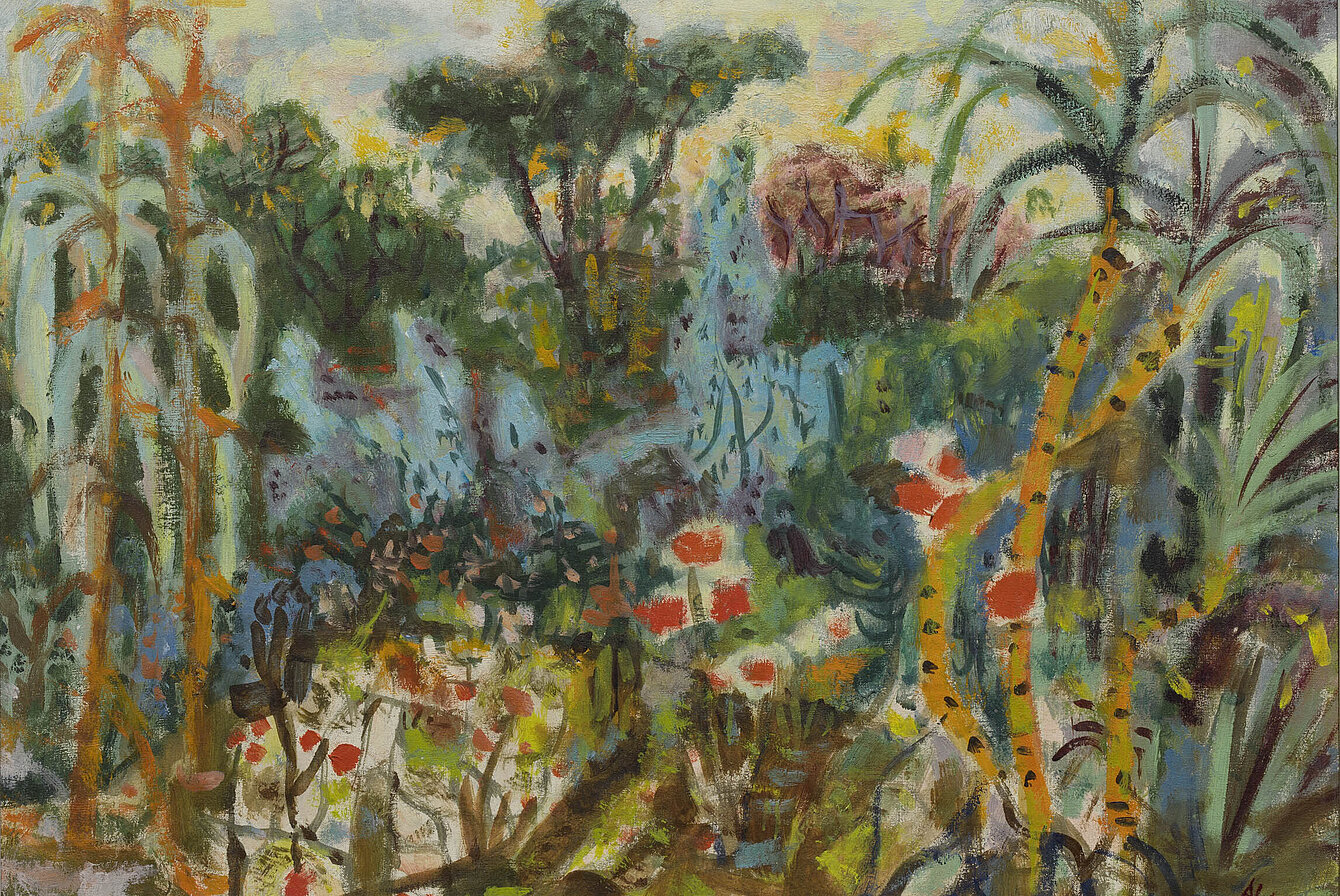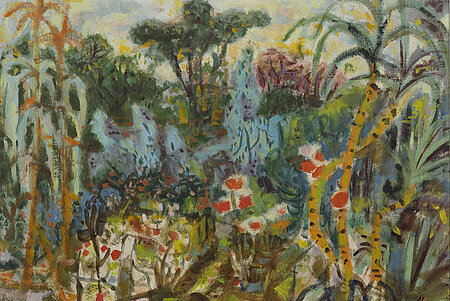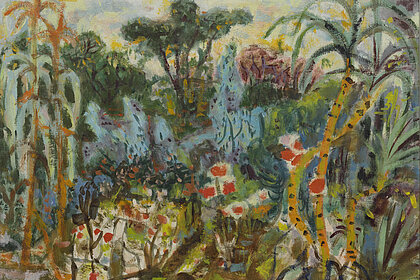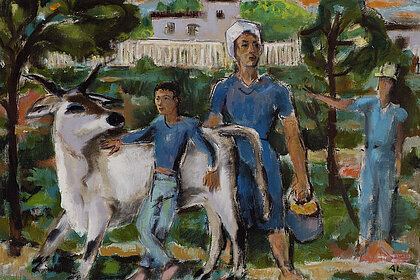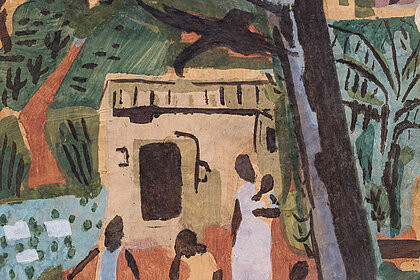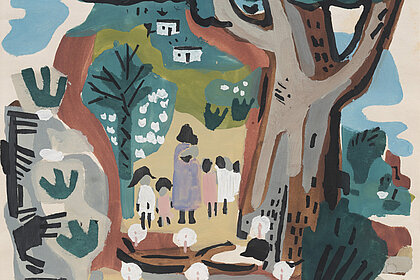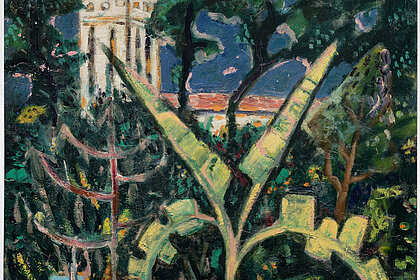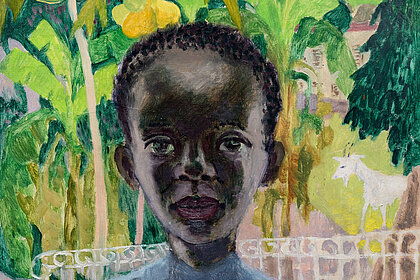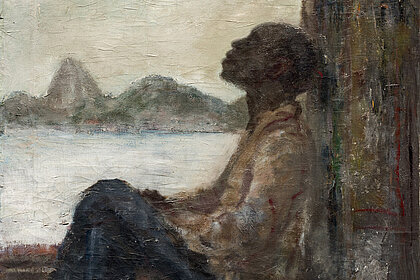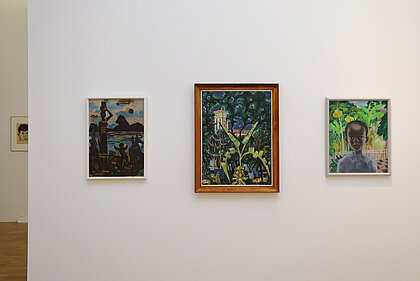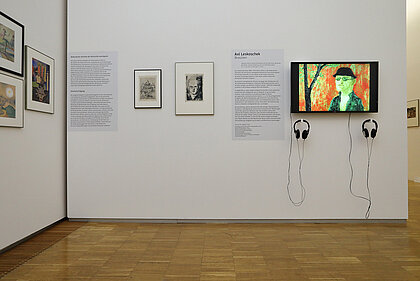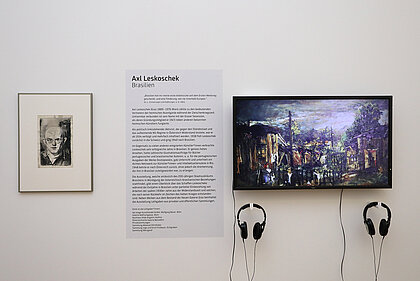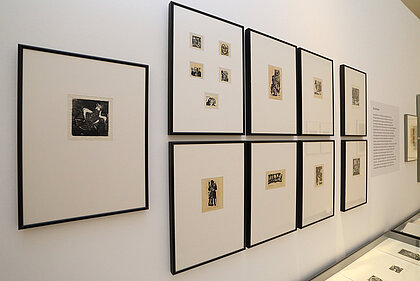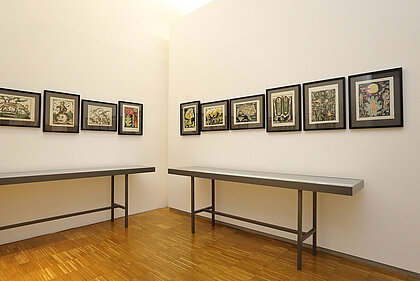Axl Leskoschek (Graz 1889–1976 Vienna) was one of the important representatives of the avantgarde in Austria during the interwar period. His name is inseparably linked to that of the Graz Sezession, for which he served as a founding member in 1923, alongside other significant artists from this country.
As a left-leaning activist politically, who was highly committed to social democracy and later on to the communists, he was persecuted from 1934 onwards and detained multiple times. Following the so-called ‘Anschluss’ (annexation) of Austria to the National Socialist German Empire, Leskoschek fled in 1938, firstly to Switzerland, and then, in 1940, to Brazil.
Unlike most of the artists in emigration, Leskoschek enjoyed years of great success in Brazil. He not only held a professorship at the Academy of Fine Arts in Rio de Janeiro, but was also deeply involved with illustration works for books by Portuguese and Brazilian authors, above all for the Portuguese editions of Dostoyevsky’s works. In addition, he maintained a close link to the artistic and intellectual scene in Rio. At the urging of his friends and acquaintances, he returned to Austria in 1948 to participate in the re-building of the nation, without, however, receiving here the recognition that has been given him in Brazil.
The exhibition takes place on the occasion of the bicentenary of the founding of the state of Brazil, in honour of Austrian-Brazilian relations.

